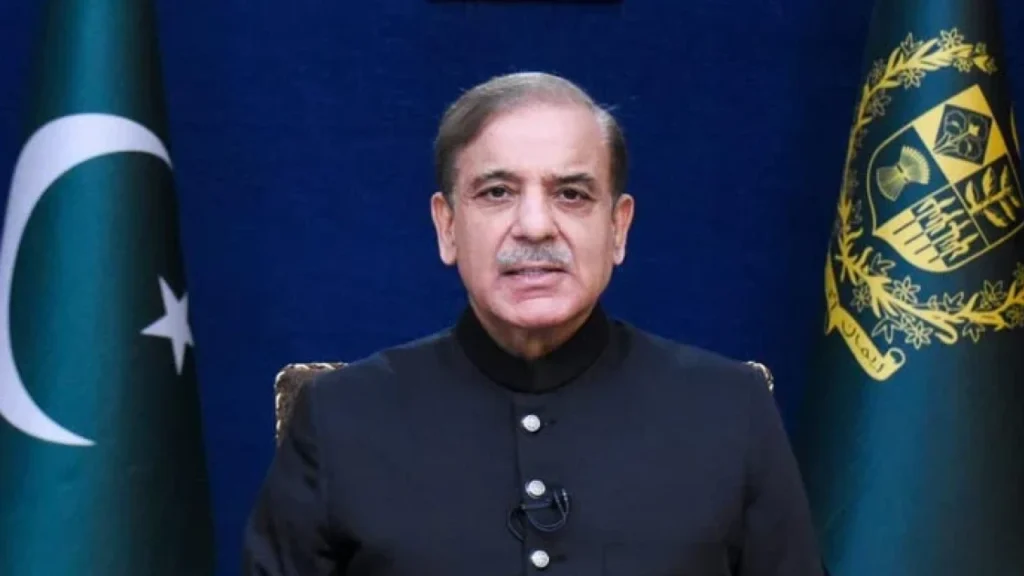Consumers of up to 200 units – 63% of the total – would be exempt from the tariff increase and another 31% would qualify for a partial subsidy.
Pakistan has increased its power tariffs again under an International Monetary Fund deal, Prime Minister Shehbaz Sharif said on Monday, part of moves to reduce unsustainable public debt in the power and gas sector.
The price rises of up to 5.75 Pakistani rupee ($0.020) a unit would not impact poorer citizens, he said. Consumers of up to 200 units – 63% of the total – would be exempt from the tariff increase and another 31% would qualify for a partial subsidy.
“We had to increase electricity prices because of the IMF deal,” Sharif said at an event in Islamabad.
The lender had pointed out that liquidity conditions in the power sector were acute, with a buildup of arrears and frequent power outages.
The arrears – a form of public debt that builds up due to subsidies and unpaid bills – were a major issue in the eight months of negotiations between the IMF and Islamabad before a deal was reached last month.
Debts to power generation companies have accumulated to nearly 2.6 trillion Pakistani rupee ($9.04 billion), according to official figures, which show a separate government debt of around 1.6 trillion rupee ($5.56 billion) to the gas sector.
“It is a gaping hole,” Sharif said, adding, “We have to deal with this on a war footing.” The power sector is beset by theft, which needs to be overcome, he said.
The latest power tariff rise has come on top of several such increases over the last year, including an additional surcharge of 1 Pakistani rupee per unit for FY 2023-24 approved earlier this year.
The tariff hike is one of several painful steps Islamabad had to take to meet the IMF’s fiscal tightening measures. The price rises have fueled inflation in the 220 million-strong nation, now at 29% after touching 38%.
Source: Hindustan Times


